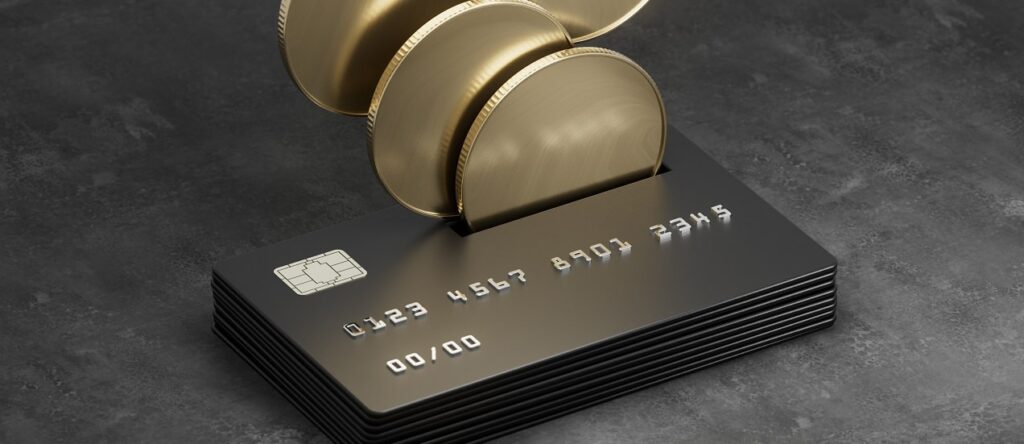Why DeFi Is Rising Quick
DeFi platforms run on good contracts. These are applications on blockchains that automate monetary companies. They take away the necessity for human management or custody. Customers work together instantly with these applications to commerce, earn yields, or take loans.
In Nigeria, DeFi is rising quick. Customers are turning to DeFi for higher entry to monetary instruments. Many individuals within the nation are underserved by banks. DeFi presents another. In 2023 alone, Nigerians acquired over $30 billion by way of DeFi platforms.
Right here’s what DeFi presents:
|
DeFi Function |
Profit |
|
Sensible Contracts |
No want for middlemen |
|
World Entry |
Companies open to anybody with web |
|
Quick and low-cost funds worldwide |
|
|
Yield Farming |
Customers earn returns on crypto holdings |
Nigeria’s Altering Regulatory Panorama
The Central Financial institution of Nigeria banned banks from working with crypto corporations in 2021. However in December 2023, it reversed that call. This marked a shift in pondering.
In 2024, Nigeria’s SEC launched ARIP, a fast-track registration program for crypto corporations. By 2025, the nation had formally acknowledged digital belongings as securities. These steps present that regulation is catching up with expertise.
Banks, nonetheless, nonetheless stay cautious. They need clearer tips. In addition they need assurance that any DeFi system they undertake is protected, authorized, and clear.
What Makes a Blockchain “Regulated”
A regulated blockchain is completely different from an open, nameless one. It consists of built-in guidelines and controls. These assist guarantee security and compliance. It additionally makes it simpler for banks to belief and use the system.
Regulated blockchains have 4 layers:
|
Layer |
Function |
|
Infrastructure |
Permits programmability, immutability, and transparency |
|
Regulatory |
Applies AML, KYC, and different compliance measures |
|
Product Layer |
Consists of good contracts and token performance |
|
Exterior Interface |
Connects blockchain to exterior methods and companies |
This setup helps create a protected atmosphere for customers and banks. It permits real-time audits and ongoing oversight by regulators.
Actual-World Instance: Zone’s Position
Zone is among the key gamers in Nigeria constructing regulated blockchain methods. It acquired approval in 2022 as a cost change. In 2024, it partnered with the Nigeria Inter-Bank Settlement System (NIBSS). This allowed it to launch a blockchain-based Level-of-Sale (PoS) system.
Right this moment, Zone helps course of ATM transactions for over a dozen banks. It’s also deploying new blockchain companies that comply with all regulatory requirements.
This mannequin reveals how DeFi and banking can work collectively safely.
Banks Slowly Embrace Change
Conventional banks are beginning to concentrate. They see how briskly fintechs are rising. Many now wish to discover blockchain earlier than they’re left behind.
Zone expects 2025 to be a yr of sturdy development. With authorities backing and clear guidelines, extra banks could be part of the regulated DeFi space.
The Nigerian authorities can be supporting the shift. In Might 2025, the Ministry of Communications and Digital Financial system started engaged on a Nationwide Blockchain Coverage. This builds on earlier methods to information protected blockchain adoption.
Studying from World Tendencies
Nigeria isn’t alone. Around the globe, nations are exploring how blockchain suits into finance:
- United States: JP Morgan created its personal blockchain platform.
- Singapore and Canada: Central banks are testing blockchain for interbank funds.
- Switzerland: Clear tips assist blockchain in finance.
- South Africa: Absa Financial institution launched a blockchain cross-border cost device.
These examples present that banks and blockchain can work collectively—when the system is well-regulated.
A regulated blockchain could possibly be the lacking piece that connects DeFi with conventional banking. It brings collectively the innovation of decentralization and the belief of regulation. This helps banks keep aggressive and helps customers entry higher monetary companies. With the appropriate guidelines and tech, Nigeria and different nations can construct a safer, extra inclusive monetary future.
